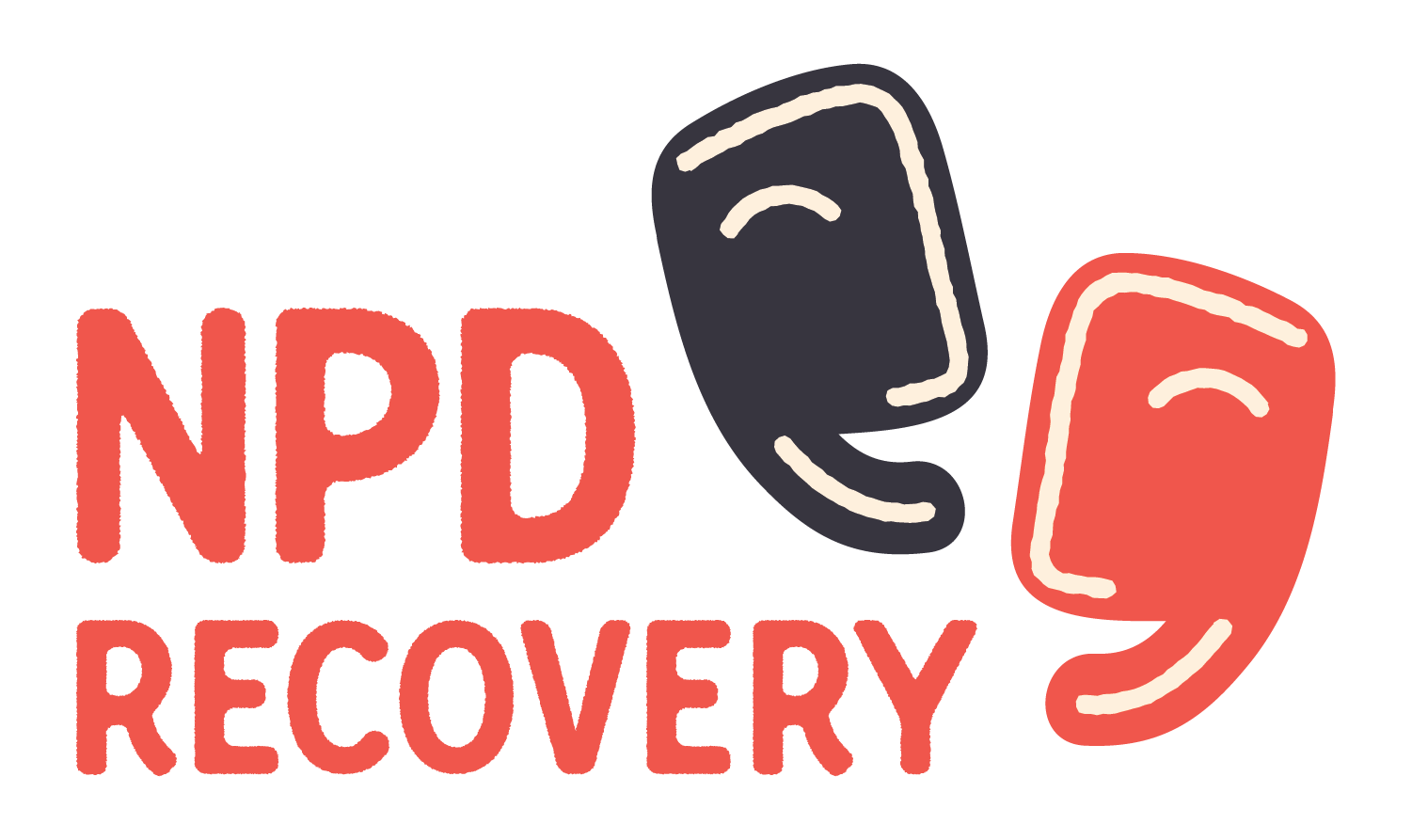therapy guides
Does Diagnosis Matter?
For many people navigating narcissistic traits, trauma, or identity confusion, the question of whether to pursue a formal diagnosis can be fraught with uncertainty. Some may feel that a diagnosis could provide clarity and validation, while others worry it might lead to stigma or a fixed label.
The diagnostic process can feel overwhelming or intimidating at first, especially for people who’ve spent years feeling misunderstood, masked, or mischaracterized. But when done ethically and thoughtfully, diagnosis is a tool for clarity and care — not a label to shame or reduce you.
1
The Role of Diagnosis
A diagnosis can:
• Provide a structured understanding of complex emotional and behavioral patterns.
• Facilitate access to specialized treatment options and resources.
• Offer validation for experiences that may have been confusing or distressing.
• Be used for insurance coding and billing
However, it’s essential to recognize that a diagnosis is a tool, not a definition. It should serve as a starting point for exploration, not a box that confines one’s identity.
• Provide a structured understanding of complex emotional and behavioral patterns.
• Facilitate access to specialized treatment options and resources.
• Offer validation for experiences that may have been confusing or distressing.
• Be used for insurance coding and billing
However, it’s essential to recognize that a diagnosis is a tool, not a definition. It should serve as a starting point for exploration, not a box that confines one’s identity.
I think the diagnosis is helpful for some people, but not necessary for everyone. What’s more important is understanding your patterns and working on them.
2
Emphasizing Traits Over Labels
Focusing on specific traits and behaviors—such as difficulties with empathy, challenges in relationships, or struggles with self-esteem—can be more actionable than fixating on a diagnostic label.
This approach allows individuals to:
• Tailor their personal growth journey to their unique experiences.
• Avoid the pitfalls of self-stigmatization that can accompany certain labels.
• Engage in therapy that addresses their specific needs without being constrained by a diagnosis.
This approach allows individuals to:
• Tailor their personal growth journey to their unique experiences.
• Avoid the pitfalls of self-stigmatization that can accompany certain labels.
• Engage in therapy that addresses their specific needs without being constrained by a diagnosis.
3
A Personalized Path Forward
Ultimately, the decision to seek a formal diagnosis should be based on individual needs and preferences. For some, it provides a helpful roadmap; for others, it may not be necessary. What’s most important is the commitment to self-reflection, understanding, and growth.
As you aptly noted, the journey toward healing and self-awareness doesn’t hinge solely on a diagnosis. It’s about recognizing patterns, seeking support, and taking proactive steps toward change.
As you aptly noted, the journey toward healing and self-awareness doesn’t hinge solely on a diagnosis. It’s about recognizing patterns, seeking support, and taking proactive steps toward change.

